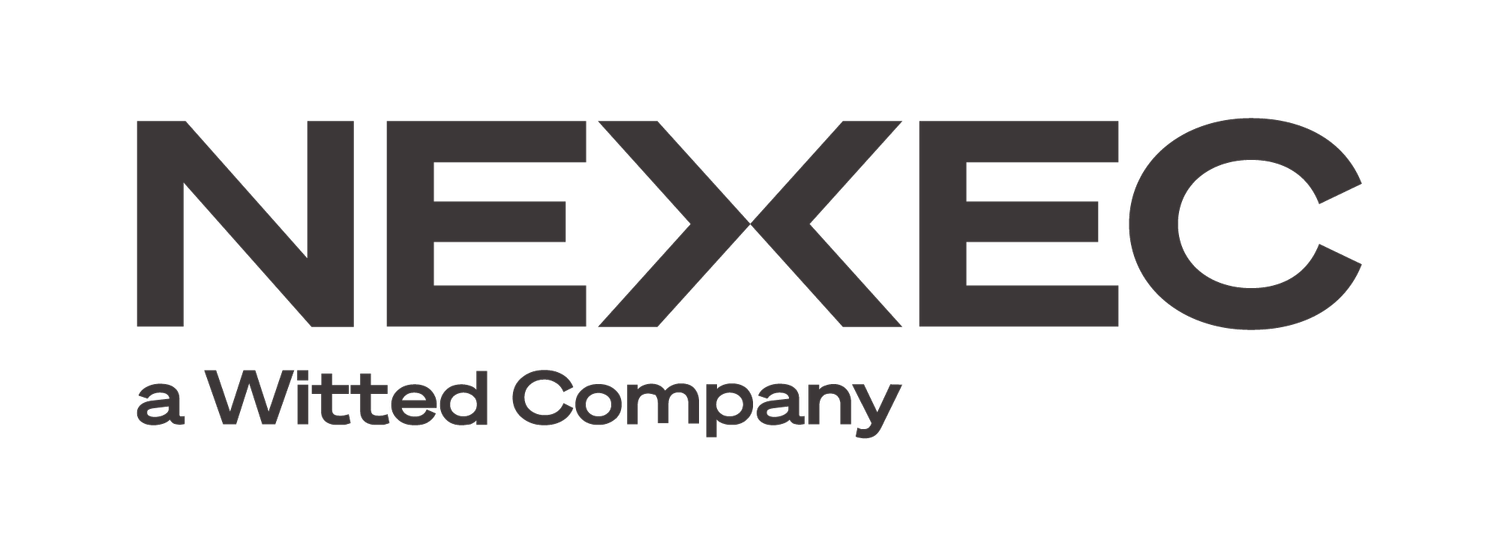Scaling DevOps Enterprise - Wide
NeXec Transformation Insights by Mikael Ylijoki on March 19, 2025.
Legacy bottlenecks, fragmented teams, and inconsistent tooling continue to drain significant sums from enterprises through lost productivity. And with AI, hybrid work, and growing regulatory pressure, traditional software delivery models are no longer sustainable. Scaling DevOps offers a solution — but only when done right.
Enterprises today must modernize their application stacks, reduce complexity, and accelerate software delivery. However, large-scale DevOps transformations go beyond tools and automation. They require governance, cultural alignment, and structured change management to succeed.
Many large organizations struggle with legacy systems, inconsistent technology stacks, and fragmented DevOps practices. Standardizing tooling, enabling self-service, and fostering a culture of continuous improvement are essential to overcoming these challenges.
A Structured Approach to Scaled DevOps
A successful DevOps transformation balances people, processes, and technology. Without clear governance and organizational support, even the best tools fail to deliver results.
People:
Driving Cultural and Organizational Change
DevOps at scale affects not just infrastructure but also the way teams work. A structured transformation program ensures clear governance, aligns business and IT, and fosters adoption.
Change management is crucial to overcoming resistance. Developers need the right support, training, and tools to transition smoothly. Providing a standardized yet flexible development experience helps teams focus on value creation rather than deployment complexities.
Process:
Standardizing and Automating DevOps Practices
A Developer Portal, built on Platform Engineering principles, streamlines DevOps adoption by automating onboarding, enforcing security policies, and providing a centralized knowledge base.
Adopting GitOps and declarative infrastructure allows organizations to automate deployments, enforce security, and simplify rollbacks. Standardized workflows and compliance automation reduce risks while ensuring operational efficiency.
Technology:
AI-Driven Modernization
AI-powered automation accelerates DevOps transformations by analyzing legacy applications, refactoring code, and enforcing compliance. AI-driven security scans, automated testing, and infrastructure-as-code generation enhance reliability while reducing manual effort.
By embedding AI from the start, organizations can modernize faster, improve quality, and reduce operational costs. LLM-powered developer assistance tools further streamline migrations and simplify troubleshooting.
The Business Impact of Scaled DevOps
A well-executed transformation delivers significant benefits:
For business leaders, DevOps at scale leads to faster time-to-market, reduced operational risk, and lower costs.
For developers, automation eliminates bottlenecks, allowing teams to focus on innovation rather than infrastructure management.
For IT and compliance teams, automated governance and security policies ensure compliance while maintaining agility.
A Measured Approach to DevOps at Scale
Modern DevOps is not just about adopting Kubernetes or CI/CD pipelines—it requires a structured, repeatable model that aligns business needs with technology. By integrating governance, automation, and AI-driven tools, enterprises can scale DevOps efficiently, ensuring long-term agility and security.
A structured transformation approach enables organizations to modernize with confidence, enhance developer productivity, and ensure compliance—making DevOps a key business enabler.
Want to scale DevOps with confidence?
Feel free to reach out — let’s explore what scaling DevOps could look like in your organization.
Mikael Ylijoki, CEO, NeXec
040 565 0255
mikael.ylijoki@nexec.fi


